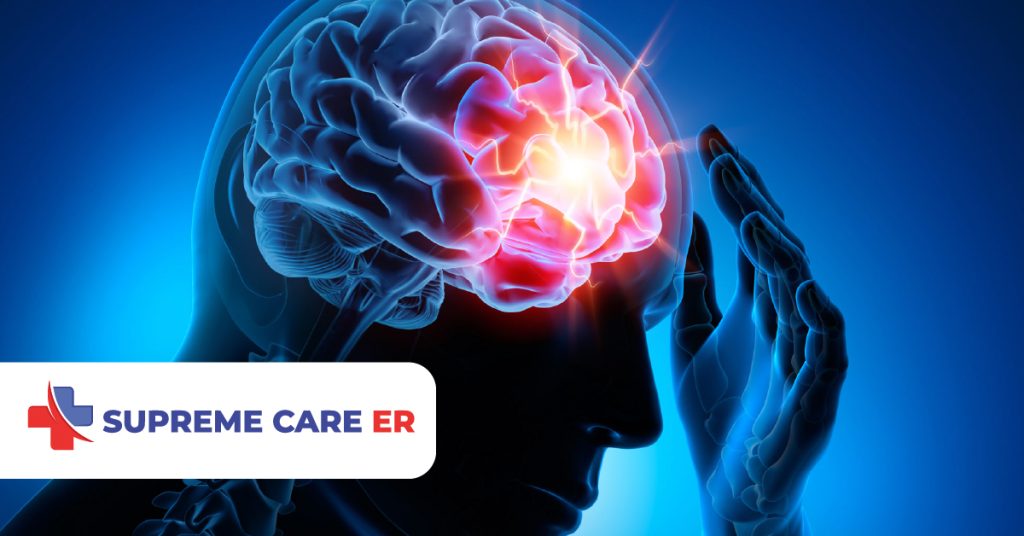Food poisoning is a sudden illness caused by consuming food and water in which specific pathogens are present. The pathogen responsible for food poisoning includes bacteria, viruses, and parasites.
According to the US Center for Disease Control and Prevention (CDC), an annual estimation of 46 million people are affected by food poisoning, with an estimated 128,000 people hospitalized and 3000 deaths.
There is no definitive answer to how long food poisoning lasts, as this is dependent on the severity of the illness. Even so, symptoms can last from a few hours to a few days and resolve without treatment.
Consumption of contaminated food may cause concern about contracting this illness, but certain risk factors such as age and a weak immune system increase the likelihood of contracting the infection. Thus, it is crucial to be aware of the observable symptoms and causes to avoid severe complications.
What are the Common Causes of Food Poisoning?
Biological and chemical factors can cause food poisoning. According to the Center for Disease Control and Prevention (CDC), 55% of food poisoning results from improper storage and cooking techniques, 24% by poor hygiene, and 3% by eating food from unsafe sources.
Biological contaminants that cause food poisoning include:
Campylobacter
In the United States, campylobacter is the leading cause of natural food contamination, and this bacteria is responsible for many cases of food poisoning and deaths.
Symptoms can appear as early as two to five days after eating contaminated food if animal faeces contact meat during processing. CDC estimates that 70% – 90% of processed meat contains campylobacter.
Noroviruses (Norwalk-like viruses)
Norovirus is an acute gastrointestinal illness caused by the consumption of food and water infected with faeces. This virus spreads when infected personnel handles food without adhering to safety protocol.
Most food seafood sources such as oysters and shellfish can transmit Norovirus. Symptoms start as early as 12- 48 hours after the consumption of contaminated food.
Escherichia coli (E. coli)
E coli 0157: H7 is caused by consuming undercooked contaminated ground beef. E.coli is responsible for an estimated 25,000 recorded cases of food poisoning in the USA each year.
E.coli is present in the intestine of cows and contaminates meat when faeces are in contact with beef during slaughter.
Symptoms start as early as one to eight days after the consumption of contaminated food. Other sources of E.coli contamination include unpasteurized milk and contaminated water.
Other biological causes of food poisoning include Giardia lamblia, Vibrio vulnificus, Rotavirus, Clostridium botulinum, etc.
Who is at Risk of Food Poisoning?
At a certain point in everybody’s life, there is a likelihood of falling ill due to food poisoning; still, yet, the risk differs for every individual. Specific high-risk individuals are easily susceptible to contracting food poisoning. High-risk individuals discussed in this section include:
Older adults
Aged adults have a weaker immune system which limits the immune response to an infectious organism.
Infants and children
Infants and children have a developing immune system not capable of responding to an infectious organism.
Pregnant women
Pregnancy causes changes in metabolism and circulation, thereby increasing susceptibility to food poisoning.
What are the Symptoms of Food Poisoning?
Food poisoning symptoms vary depending on the amount and type of ingested contaminant. People suffering from this illness display the following symptoms:
- Nausea
- Vomiting
- Diarrhea
- Stomach pain (cramps)
- Fever
- Headache
- Fatigue
- Blurred vision
- Dehydration
- Dry mouth and throat
- Decreased urination
Prevention and Treatment for Food Poisoning
Prevention of Food Poisoning
It is easy to prevent food poisoning if you can practise good hygiene by following these steps:
- Properly wash your hands, utensils, and kitchen surfaces before preparing food
- Properly cook food to the recommended temperature to kill organisms
- Store raw food materials properly
- Refrigerate perishable food items at the recommended temperature
- Wash food items thoroughly before consumption
Treatment for Food Positioning
Maintaining good hydration by drinking plenty of fluids and electrolytes like Gatorade or Pedialyte is the first step to treating food poisoning. Your doctor may prescribe other medication to help reduce nausea and discomfort.
In general, food poisoning is mild and often requires no medical care; however, you should seek emergency care if you experience severe symptoms.








